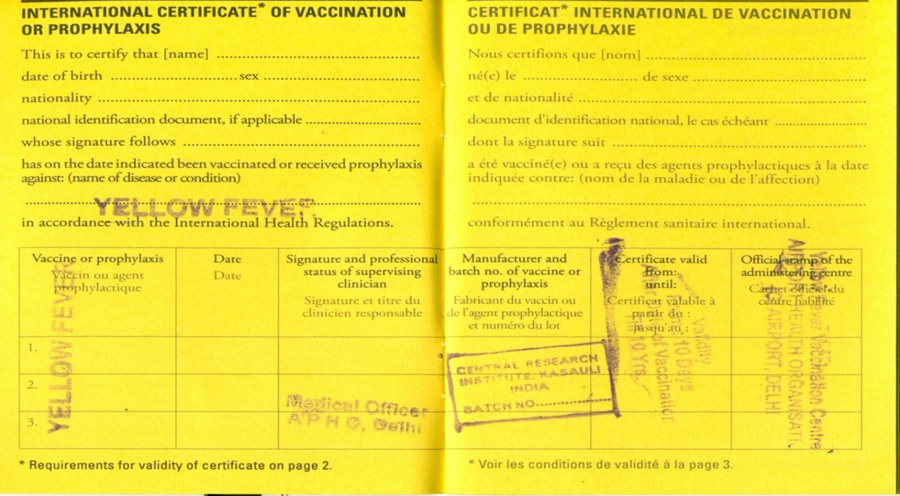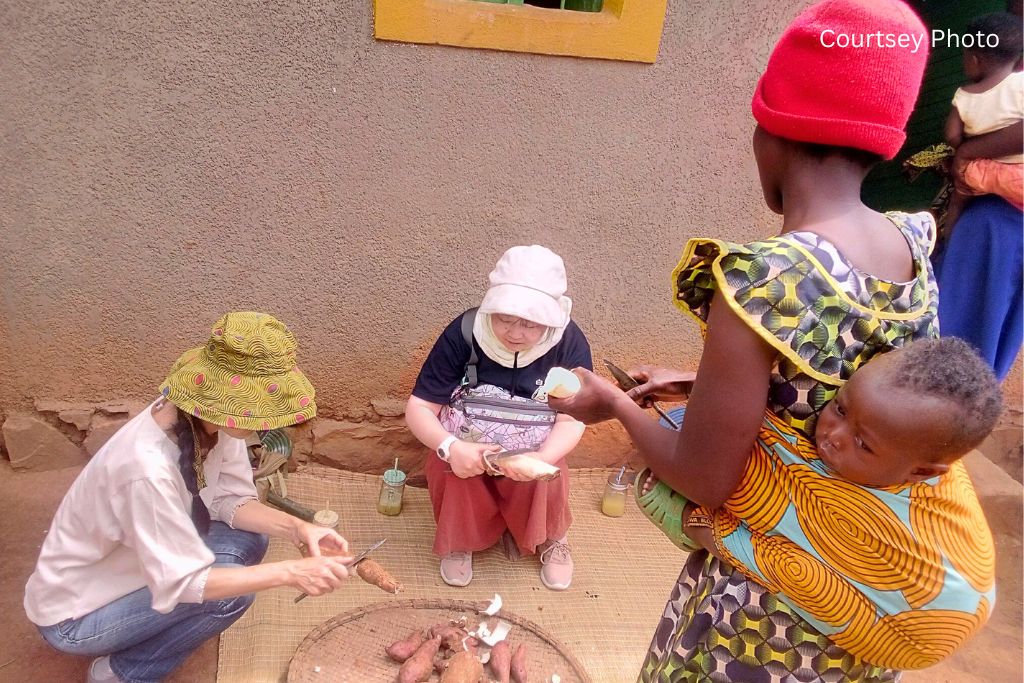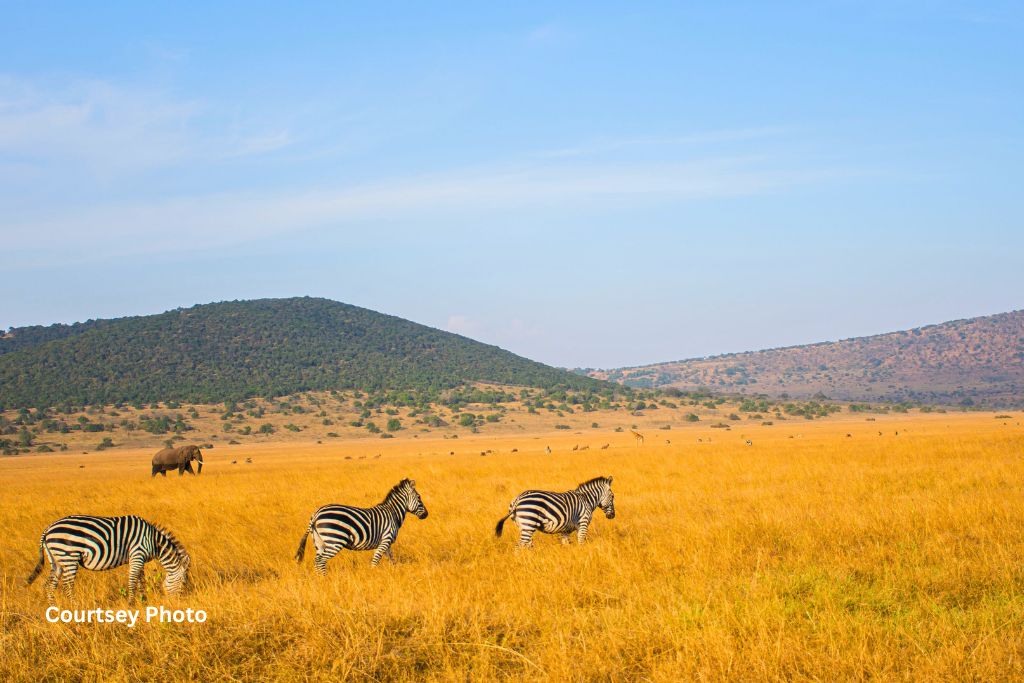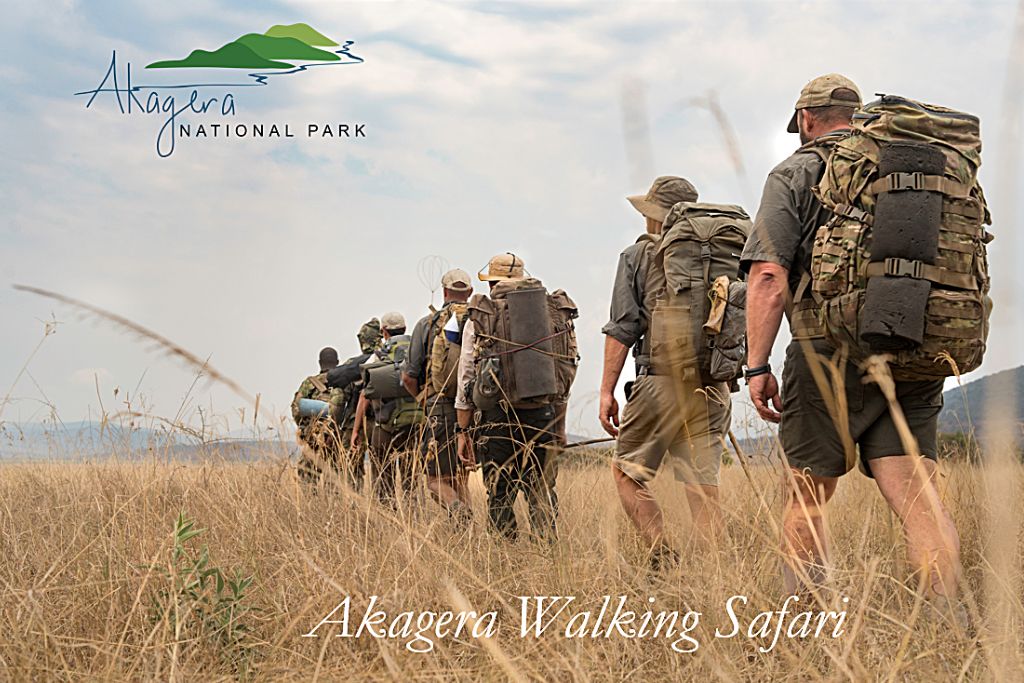
Vaccinations you need for Rwanda
Vaccinations you need for Rwanda, visitors planning to visit Rwanda are recommend to take a number of precaution on health vaccinations while panning to visit the country. The vaccinations you need for Rwanda for your visitation or to undertake a Rwanda safari is dependent on the places you will visit and the duration of your stay in the land of a thousand hills. Book Now
Yellow fever vaccination
Visitors need to have a yellow fever vaccination before arriving in Rwanda and must carry their certificate with them. It needs to be presented to the immigration official on arrival in Rwanda. Yellow fever is spread by infected mosquitoes. Symptoms are similar to malaria ranging from flu-like chills and fever to server hepatitis and jaundice. If left untreated or not diagnosed early, the disease is life-threatening. Yellow fever is the top Vaccination you need for Rwanda as you’re arriving in-country. However, his is not mandatory to visitors coming from less risk countries

Yellow Fever Certificate
Malaria
Rwanda is a medium-to-high risk malaria area, depending on the season and where you are traveling to. The risk of contracting malaria is higher in the humid summer and rainy season. The risk is lower at altitudes higher than 2 000 meters. The highest risk area for malaria in Rwanda is in the eastern region and this makes an addition to the vaccination you need for Rwanda.
It’s highly recommended that all travelers take anti-malaria tablets for a trip to Rwanda. Malaria is a life-threatening disease. If left untreated or not diagnosed early, it can lead to death. Speak to your doctor or a travel clinic for advice on anti-malaria tablets.
To prevent being bitten by an infected mosquito; sleep under a mosquito net and use a mosquito spray or coil to repel mosquitoes, cover your arms and legs before the sun sets wearing long pants and long-sleeve shirts and apply mosquito repellent on exposed areas of skin. Mosquitoes are most active from sunset to sundown but it’s advisable to spray yourself during the day as a precaution.
Bilharzia
Bilharzia is a disease spread by minute worms that are carried by a species of freshwater snail. The parasites penetrate human skin when someone is paddling or swimming and then migrate to the bladder or bowel. Symptoms range from a slight fever and rash to blood in the stool or urine. If left untreated, the bilharzia infection can cause kidney failure and permanent bowel damage. Avoid swimming, paddling or wading in remote freshwater lakes or dams that make be suspect or slow-moving rivers. If you are concerned you’ve been infected, visit a specialist infectious disease clinic and request a blood test.
Cholera
Cholera spread through the consumption of contaminated water and food. It would be unusual for travelers to contract cholera if they take basic precautions with food and water and maintain a good standard of hygiene.
Typhoid
Typhoid spread mainly through the consumption of contaminated food and drink. Risk is higher where access to adequate sanitation and safe water is limited.
Rabies
Rabies spread through the saliva of an infected animal, usually through a bite, scratch or lick on broken skin. Particularly dogs and related species, and also cats and bats. Risk is higher for those going to remote areas (who may not be able to promptly access appropriate treatment in the event of a bite), long stays, those at higher risk of contact with animals and bats, and children. All travelers should avoid contact with animals (both wild and domestic) particularly dogs and cats. Even when the pre-exposure vaccine has been received, urgent medical advice should be sought after any animal or bat bite.
HIV/AIDS
The risk of contracting HIV is extremely high but only a concern if you have unprotected sex or receive a blood transfusion in the region. Always use a condom when having sex with anyone on a holiday in Rwanda who’s not known to you and a trusted partner.



